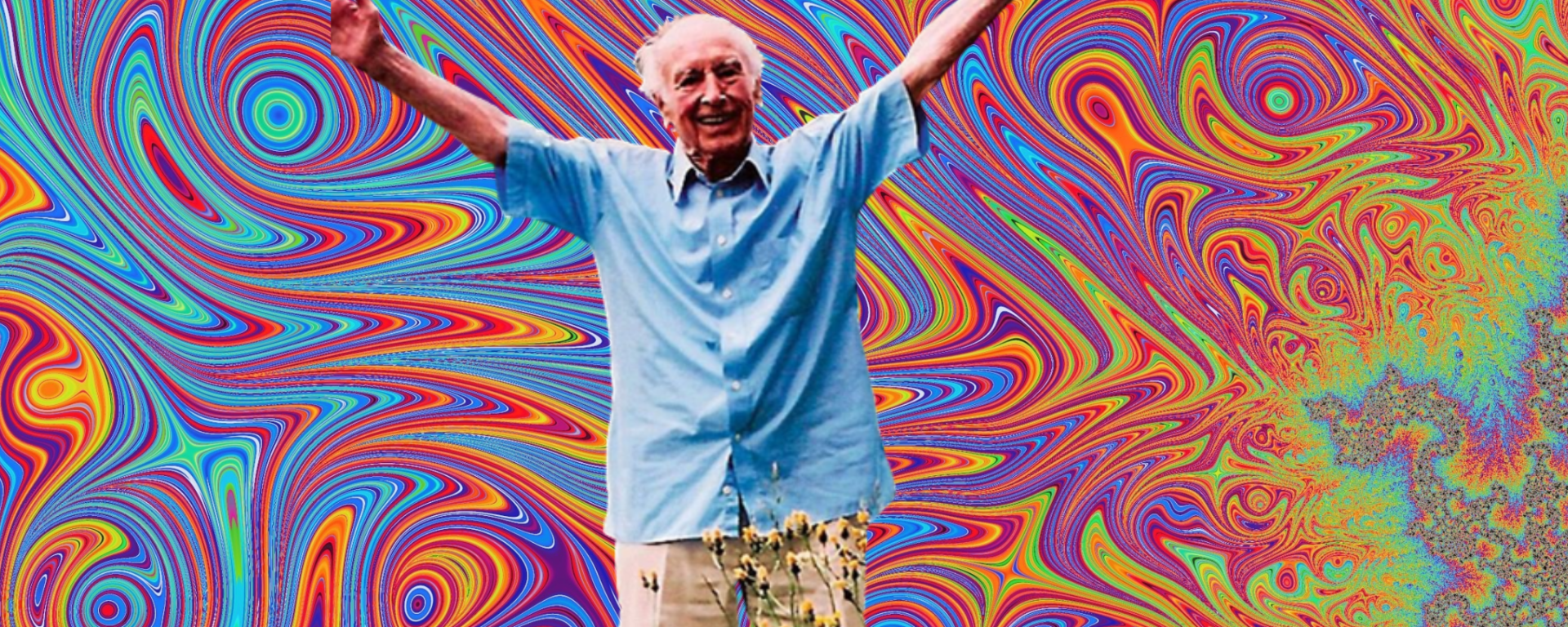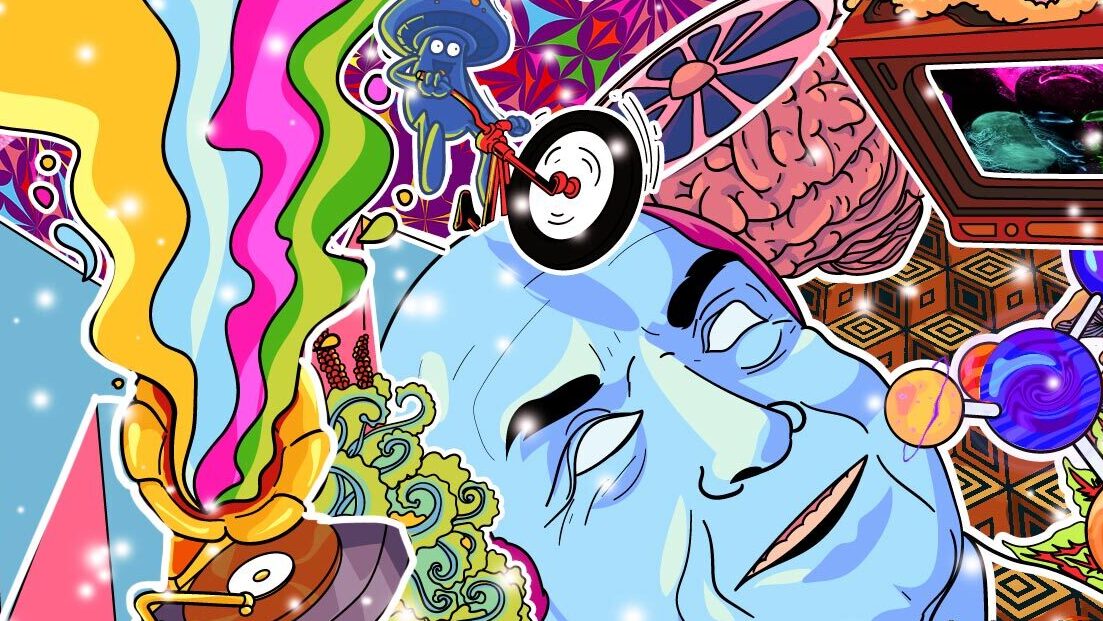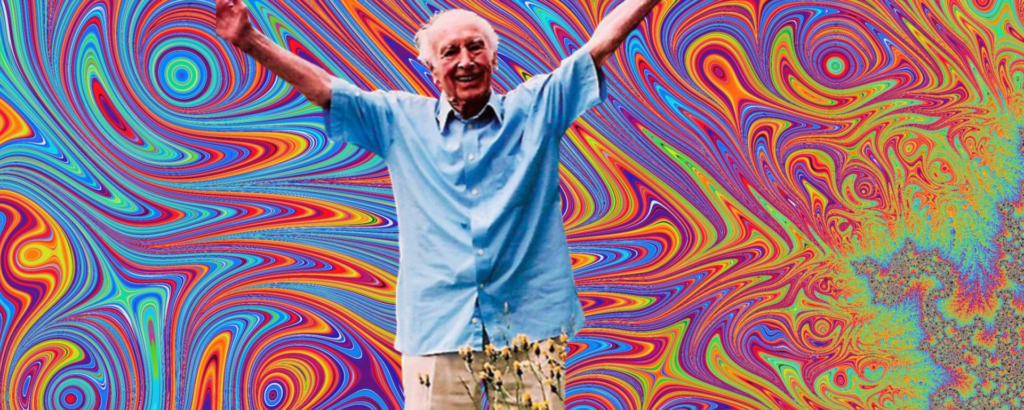
What is LSD
LSD stands for lysergic acid diethylamide—a manmade, synthetic chemical made from a fungus called ergot that typically infects grain. LSD belongs to the class of drugs known as psychedelics or hallucinogens. This means that it causes changes in senses and cognitive processes. With intense “trips” lasting up to 12 hours, individuals under the influence of the drug disassociate from reality by seeing and hearing things that are not there (e.g. hallucinations). It is one of the most powerful hallucinogens to ever exist. The substance is also referred to as acid, tab, loony toons, and zen.
What Is Microdosing LSD ?
Microdosing LSD involves taking small doses of LSD that are not strong enough to induce psychedelic effects, cause intoxication, or significantly impact consciousness. Typically, a person takes these small doses of psychedelics routinely, such as every set number of hours or days for an extended period. There is no set amount of LSD that someone should take when microdosing. However, the dosage is often around one-tenth to one-twentieth of a recreational dose.
Bad Mood vs. LSD
The classic serotonergic psychedelic lysergic acid diethylamide (LSD) was widely studied in humans from the 1950’s to 1970’s. Today, LSD is again the focus of clinical exploration, including experimental studies in healthy subjects, exploring the potential for mood enhancement and the long-lasting impacts of the use of these substances. In researching the relationship between LSD and mood, LSD was found to have increased optimism and trait openness, even after up to two weeks post “trip”. Clinical studies have demonstrated “acute changes in waking consciousness”; such as increased blissful state andinsightfulness, and enhanced mental well-being after a single full psychedelic dose of LSD (100mcg LSD tabs to 200 mcg LSD tabs) in healthy volunteer subjects.

Microdosing LSD
In recent years, there has been a growing popular interest in microdosing with psychedelics such as LSD for the improvement of mood. A microdose is suggested to be “one-tenth of a regular consumed dose; small enough not to disturb daily life activities, but large enough to enhance cognitive or emotional processes and wellbeing.” The results of this research suggested that this practice of using one-tenth of a full psychedelic dose while adhering to a specific dosing schedule, serves to enhance mood and performance. Nonetheless, controlled research on the efficacy of microdosing is scarce and deeper examination is required to determine cause and effect results.
In a 2019 study involving an online survey of people’s experiences with microdosing, the most common dose was 10 micrograms (mcg).
According to a 2019 review, most people who microdose psychedelics, such as LSD, tend to follow one of three microdosing rules:
- taking microdoses for two consecutive days following two consecutive days of nondosing
- taking microdoses Monday through Friday and not any on the weekends
- taking microdoses every other day
LSD Dose
The main objective of this dose-finding was to determine the minimal dose of LSD needed to affect mood and cognition. This study was conducted to assess the acute effects of three LSD doses (5, 10, and 20 mcg) on measures of cognition, mood, and subjective experience observing effects up to 6 hours after the administration of the substance. LSD showed positive effects in the majority of observations by increasing positive mood (at a dose of 20 mcg), friendliness (5 and 20 mcg), arousal (5 mcg LSD), and decreasing attentional lapses (5 and 20 mcg).
Highlighting the importance of knowledge of and preparedness in set and setting; and speaking to the individual variation of the effects of low doses of LSD on cognition. In accordance with anecdotal reports, low doses of LSD can enhance attention in the majority of research observations. Overall conclusions from this study demonstrate “selective, beneficial effects of low doses of LSD on mood and cognition in the majority of observations.”
Future studies on microdosing LSD for mood and cognition are absolutely required in order to bring validity to the potential of integrating these substances into clinical and mental health settings for therapeutic use.
Conclusion
LSD works on the serotonin system, and the serotonin system is also the same neurotransmitter where antidepressants like SSRIs work, so there’s some neurobiological reason for thinking there some validity to it.





